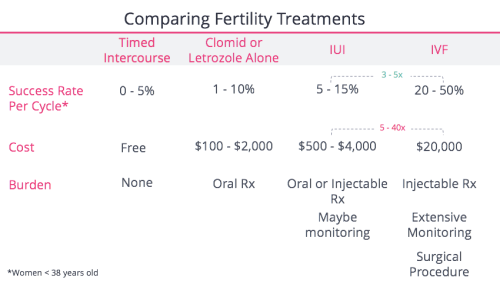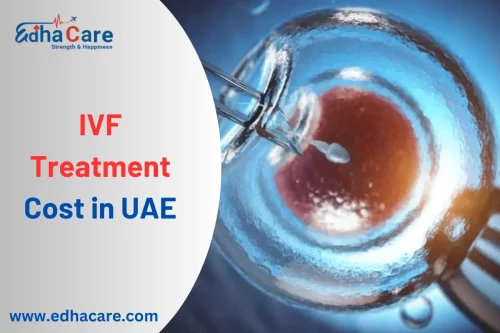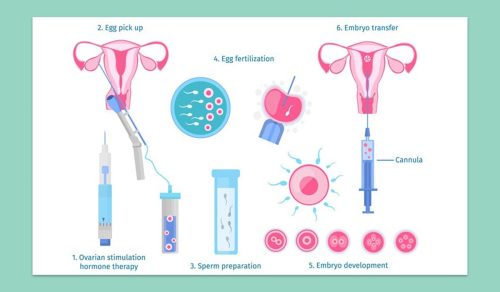
Endometriosis and Infertility: A Fertility Specialist’s Perspective
As a fertility specialist, I’ve walked alongside many women facing the heartache and frustration of infertility. One condition that often comes up, and one that I have seen dramatically affect a woman’s chances of conceiving, is endometriosis. If you’re reading this and wondering if endometriosis could be affecting your fertility, you’re not alone. It’s a common cause of infertility, but many people still don’t fully understand how it works or why it can be such a challenge. Let me share what I’ve learned, both as a doctor and from the stories of my patients.
What Exactly is Endometriosis?
Endometriosis is a condition where tissue similar to the lining of the uterus (the endometrium) starts to grow outside the uterus. It can appear on the ovaries, fallopian tubes, and other organs within the pelvic cavity. Each month, this tissue responds to the hormonal changes of the menstrual cycle, growing and shedding, but unlike the lining of the uterus, it has nowhere to go. This can cause inflammation, pain, and the formation of scar tissue.
Why does this matter when it comes to fertility? Well, the tissue growth and scarring can block the fallopian tubes, impair the function of the ovaries, and disrupt the implantation of an embryo in the uterus. It’s not always easy to detect, and often the symptoms—like painful periods, heavy bleeding, and pelvic pain—are dismissed as “just part of being a woman.” But for many women, these symptoms are a sign that something deeper is at play, affecting not just their comfort but their ability to conceive.
The Impact of Endometriosis on Fertility
In my practice, I’ve seen women in all stages of endometriosis, and it’s clear that the extent of the condition plays a significant role in fertility outcomes. Some women with mild endometriosis may have no trouble getting pregnant, while others with more severe cases may face significant challenges.
Dr. Laura Harris, a renowned expert in reproductive medicine, says, “Endometriosis can be tricky. Even in cases where the physical signs of the disease seem mild, the internal damage to the reproductive organs can be severe, especially when it comes to egg quality and fallopian tube function.”
That’s exactly what I’ve seen in my own practice. Some women have healthy, functioning ovaries and fallopian tubes, but the scar tissue caused by endometriosis can affect how the eggs travel, how the sperm can reach the egg, or how the embryo implants. It’s a web of obstacles that doesn’t always show up in a simple ultrasound or blood test. In many cases, it requires a more detailed exploration—sometimes even surgery—to understand the extent of the damage.
A Personal Case That Stands Out
One case that always stands out to me is of a patient named Sarah. She came to me after a year of trying to conceive with no success. She was in her early 30s, had no history of infertility in her family, and was otherwise healthy. But she had incredibly painful periods, so painful that she had to miss work and couldn’t even go for a walk without cramping severely.
I suspected endometriosis from the start. We did a laparoscopy, a minimally invasive surgery that allows us to look directly at the pelvic organs, and sure enough, we found extensive endometrial tissue on her ovaries and around her fallopian tubes.
The road wasn’t easy. We opted for a conservative approach first, using medication to try to reduce the inflammation and improve her chances of conceiving naturally. But after several months with no progress, we moved to assisted reproductive techniques. We ended up doing IVF, and after one cycle, Sarah became pregnant. She delivered a healthy baby boy a year later.
What I’ve learned from Sarah’s story, and many others like it, is that while endometriosis can be a major roadblock, it’s not always a dead end. Treatments like IVF, egg retrieval, and surgery can often help women with endometriosis overcome the challenges it presents. But the emotional and physical toll can be significant, and that’s something I always want to acknowledge as a doctor.
Managing Endometriosis and Improving Fertility
If you have endometriosis and are struggling with infertility, know that there are options. The first step is always diagnosis. A pelvic ultrasound, MRI, or laparoscopy can help determine the severity of your condition. The treatment path really depends on the extent of the disease, your age, and your fertility goals.
Dr. Elizabeth Simmons, another expert in the field, explains, “The key is early detection. The sooner we catch endometriosis, the sooner we can start treatment that can improve both pain and fertility outcomes. Ignoring it can lead to more severe complications that are harder to treat later on.”
After diagnosis, treatment options can vary:
- Medications: Hormonal treatments can help control the growth of endometrial tissue and reduce inflammation.
- Surgery: If the disease is more advanced, surgical removal of endometrial tissue might be necessary to improve fertility.
- In Vitro Fertilization (IVF): If other options don’t work, IVF can be a great option for women with severe endometriosis. IVF can bypass many of the barriers that endometriosis creates by directly implanting an embryo into the uterus.
The Emotional Journey
It’s important to acknowledge the emotional toll that dealing with endometriosis and infertility can take on a woman. I’ve seen how exhausting the process can be—emotionally, physically, and financially. And the rollercoaster of hope and disappointment can be overwhelming.
That’s why I always tell my patients to lean on their support systems, whether that’s a partner, friends, family, or even a support group for women with infertility. I also make sure to remind them that they’re not alone in this. Endometriosis is a common condition, and there are doctors, specialists, and resources available to help guide them through it.
Wrapping Up: What I Want You to Know
Endometriosis and infertility often go hand in hand, but it’s not a hopeless combination. With early diagnosis, the right treatment, and a little patience, many women with endometriosis can go on to have successful pregnancies. If you’re struggling with infertility and think endometriosis might be the cause, don’t hesitate to seek help. The road to conception might be a little longer, but with the right support and care, it’s often a road worth taking.
As I always remind my patients, “You’re stronger than you think. Don’t give up on your dream of becoming a mother.”




